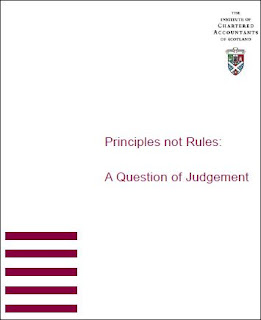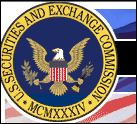The following discussion is Part 3 of a three-part excerpt from the executive summary in the report.
“Chapter 6 reviews recent developments and other matters that are pertinent to the evolution of professional judgment. The focus is on the following topics:
- Using a Professional Judgment Framework;
- The Art of Critical Decision Making; and
- The e-Professional Embracing Learning Technologies.
With regard to using a professional judgment framework, KPMG has observed that the mindset, skills and techniques behind good judgment begin to form at a young age and can be taught and improved with experience and practice. It is critical that accounting and auditing students receive a strong foundation in the fundamentals of professional judgment. Furthermore, research in the areas of judgment and decision making over the last few decades indicates that additional knowledge about common threats to good judgment, together with processes and tools for making good judgments, can improve the professional judgment abilities of both new and seasoned professionals.
According to the Harvard Business School course, “Art of Critical Decision Making,” bad decisions are usually made because of a poorly thought-out decision-making process. If decision makers put more emphasis on how to make a decision, ensure that they remove personal biases, collect information beforehand, glean the diverse perspectives of others and perform other constructive activities, they can vastly improve the strength and success of the process.
Finally, it is time to acknowledge that technology is now embedded in the workplace. Nearly all research and analysis has been transformed by technology and access to the Internet. As more and more activity goes online, accounting professionals are keeping up with regulation, filing reports, accessing data and so on, remotely in cyberspace. They are truly becoming e-professionals.
In summary, the seven-step approach to this initiative had a single purpose. The goal was to answer the research question posed in the project proposal: “With regard to professional judgment matters, is there a need for enhanced communication and collaboration by Chartered Accountants?”
Based on the results of the academic and professional literature review, the interest shown in the communications blog, and the collective views expressed by CAs in face-to-face meetings and by an online survey, the answer is clear. It’s time to collaborate! Accordingly, Chapter 7 completes the research report by setting out practical ways to move forward. It offers a number of suggestions regarding the nature and extent of the content that would be appropriate for an Internet-based resource centre. In addition, it suggests who would be appropriate to host this centre, both initially and ongoing.”
Additional excerpts from the executive summary are provided in Part 1 and Part 2 of this series of posts.



















